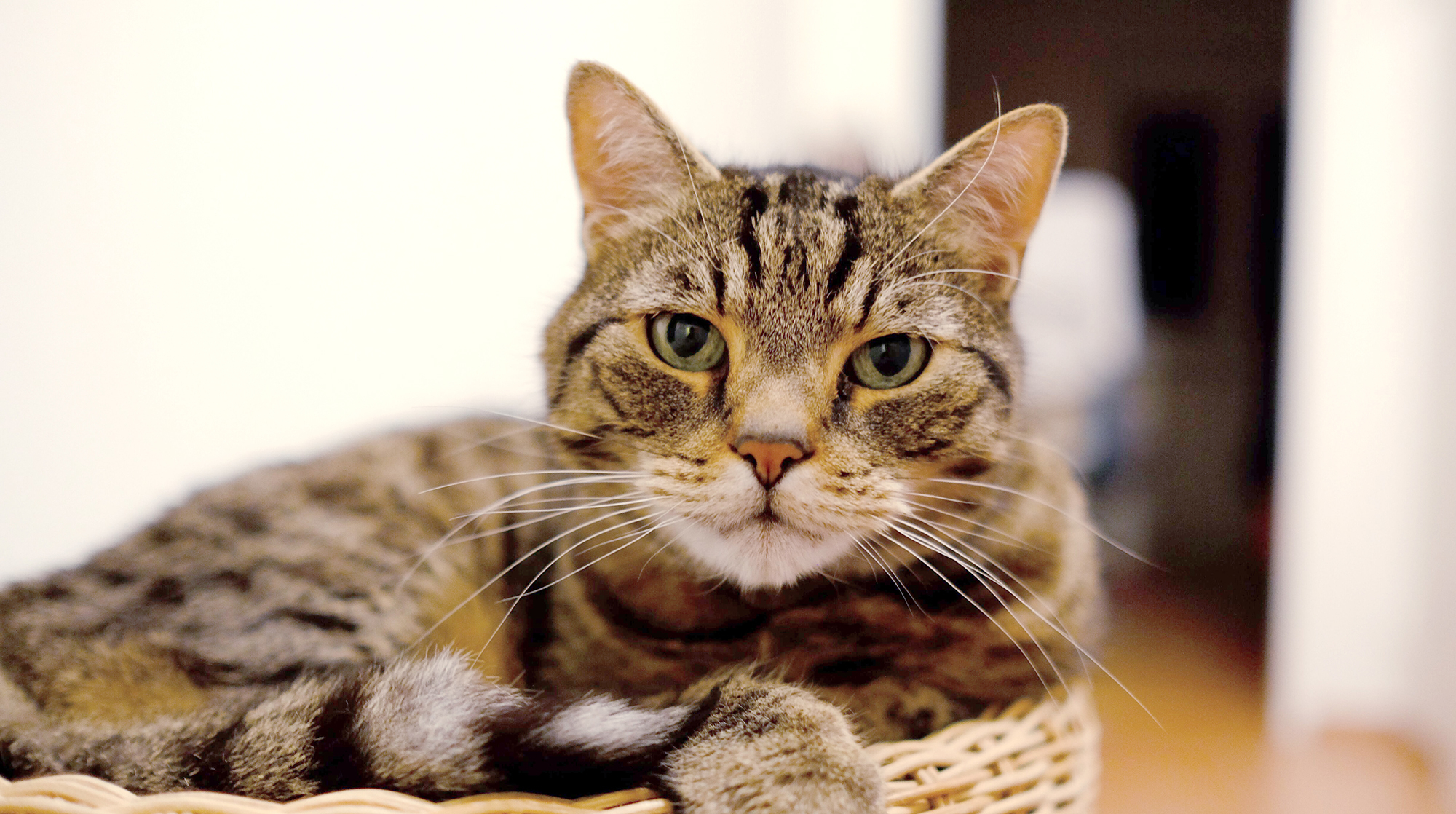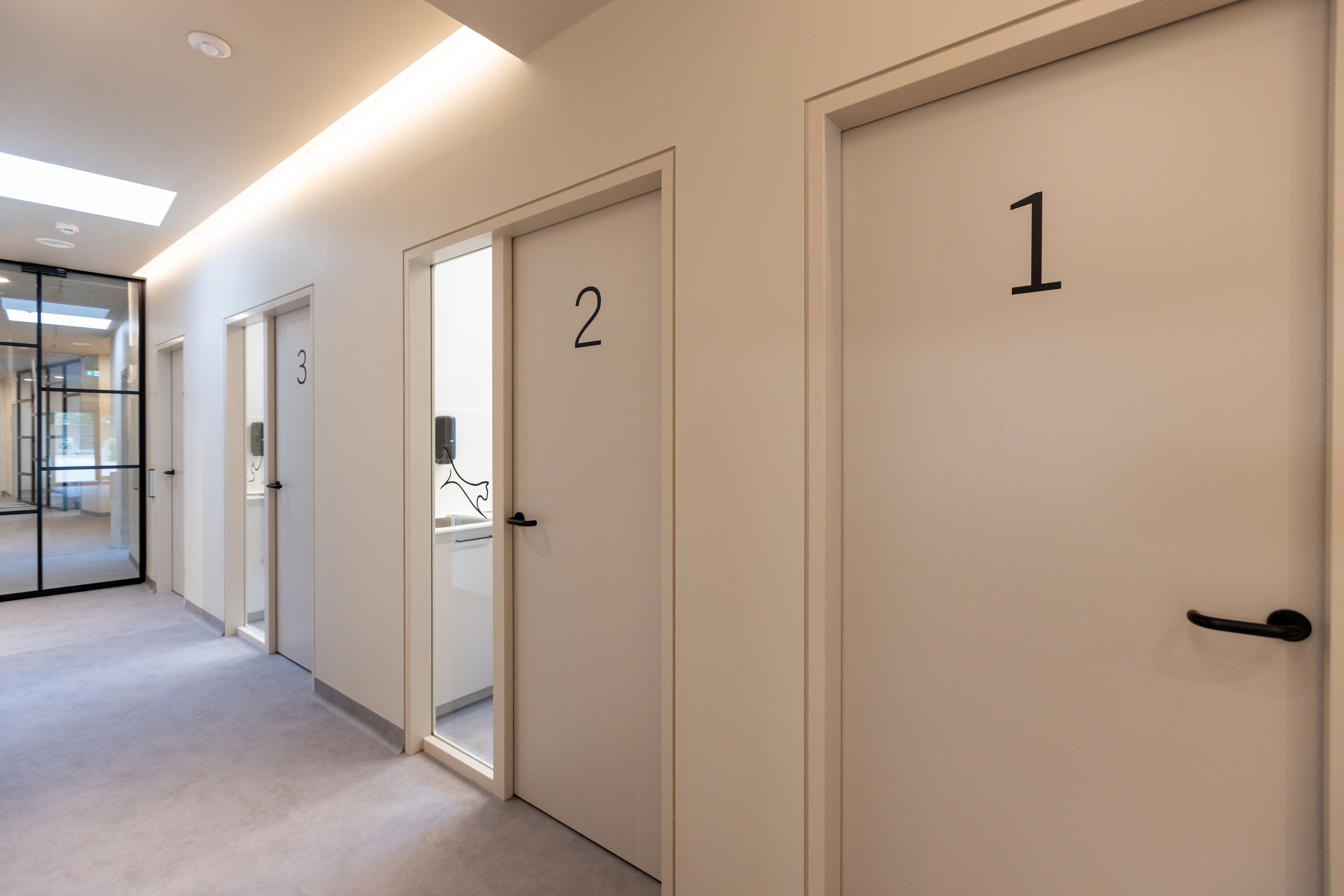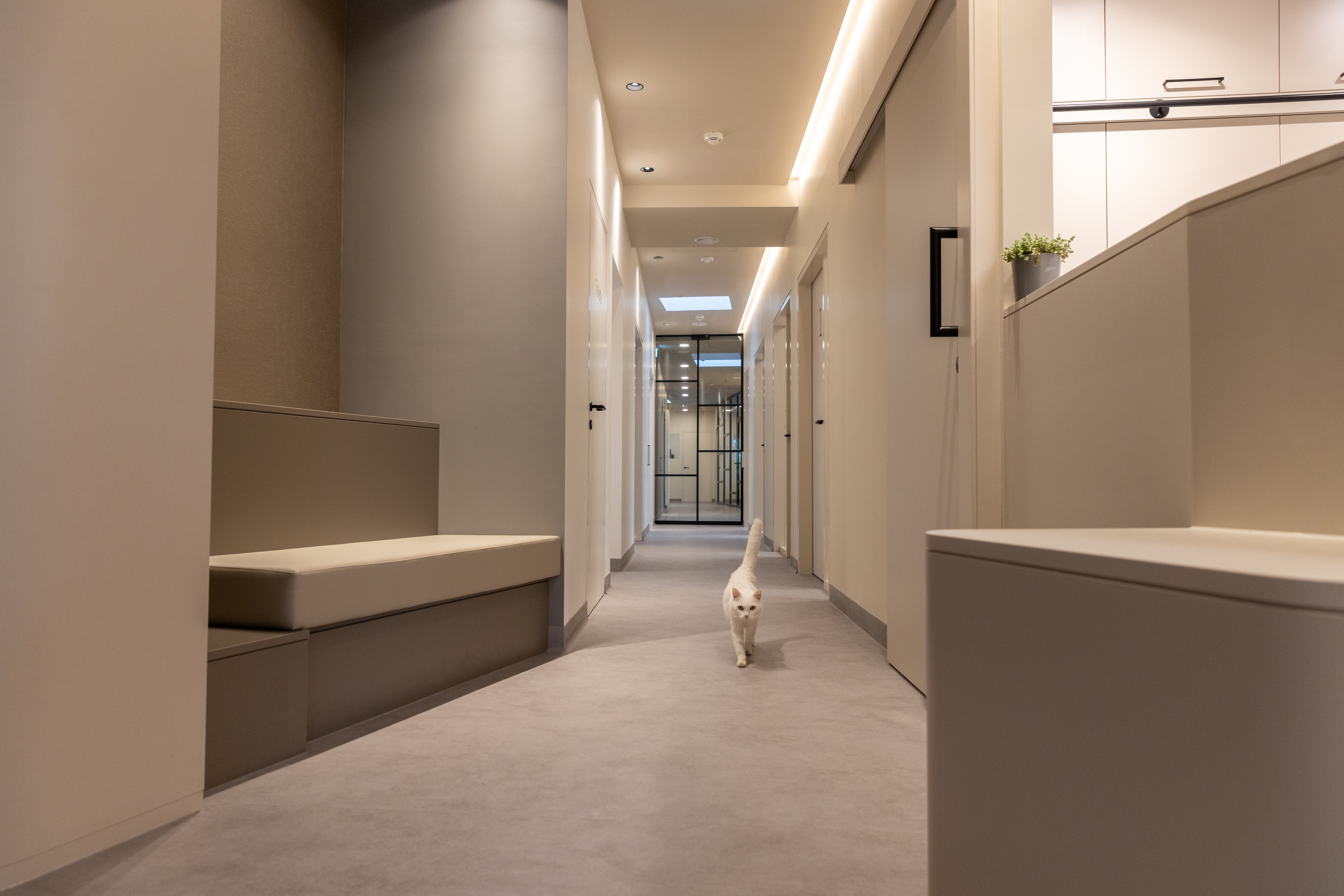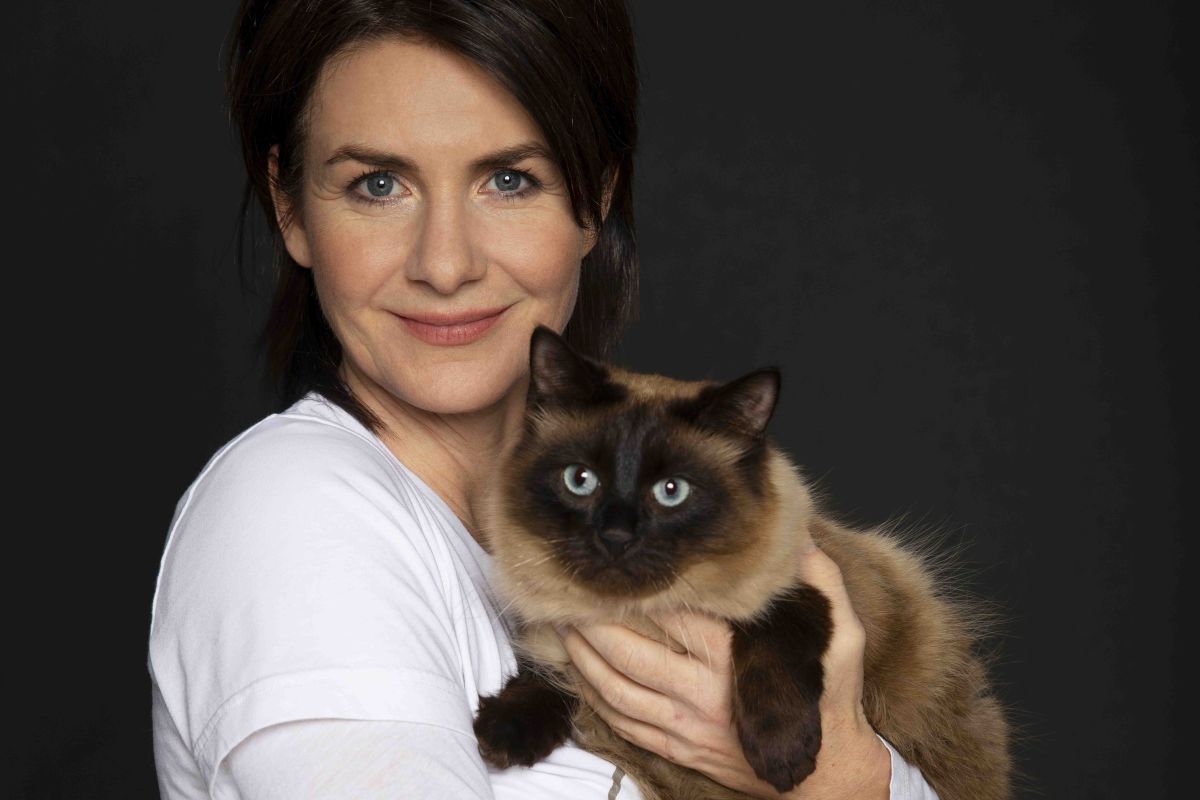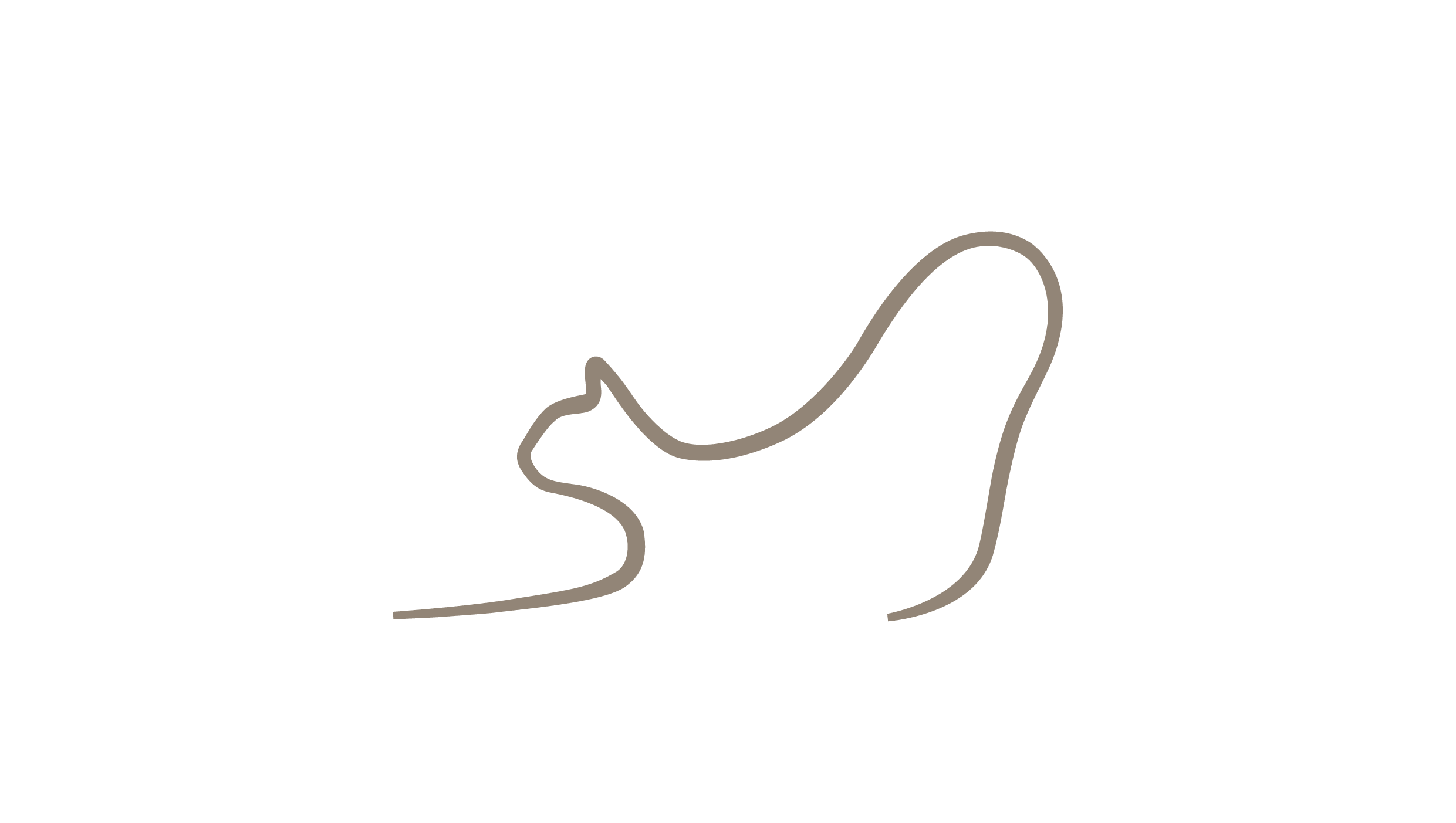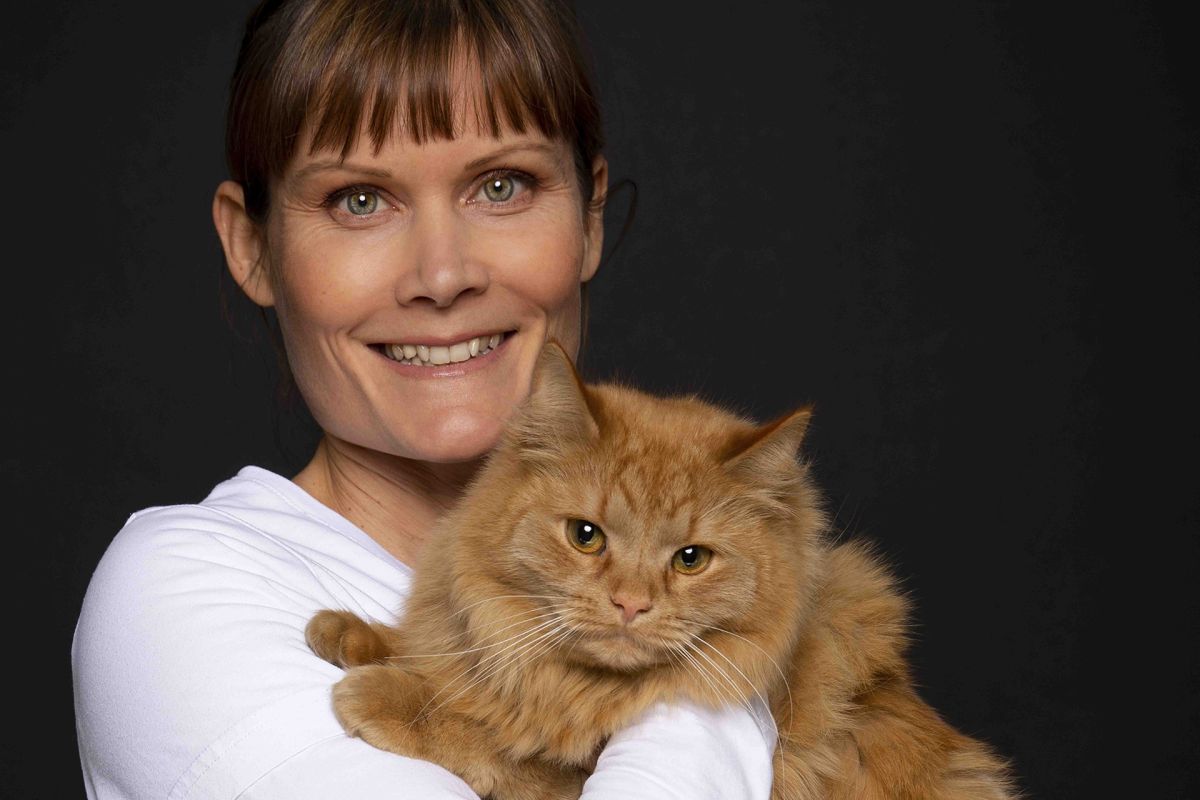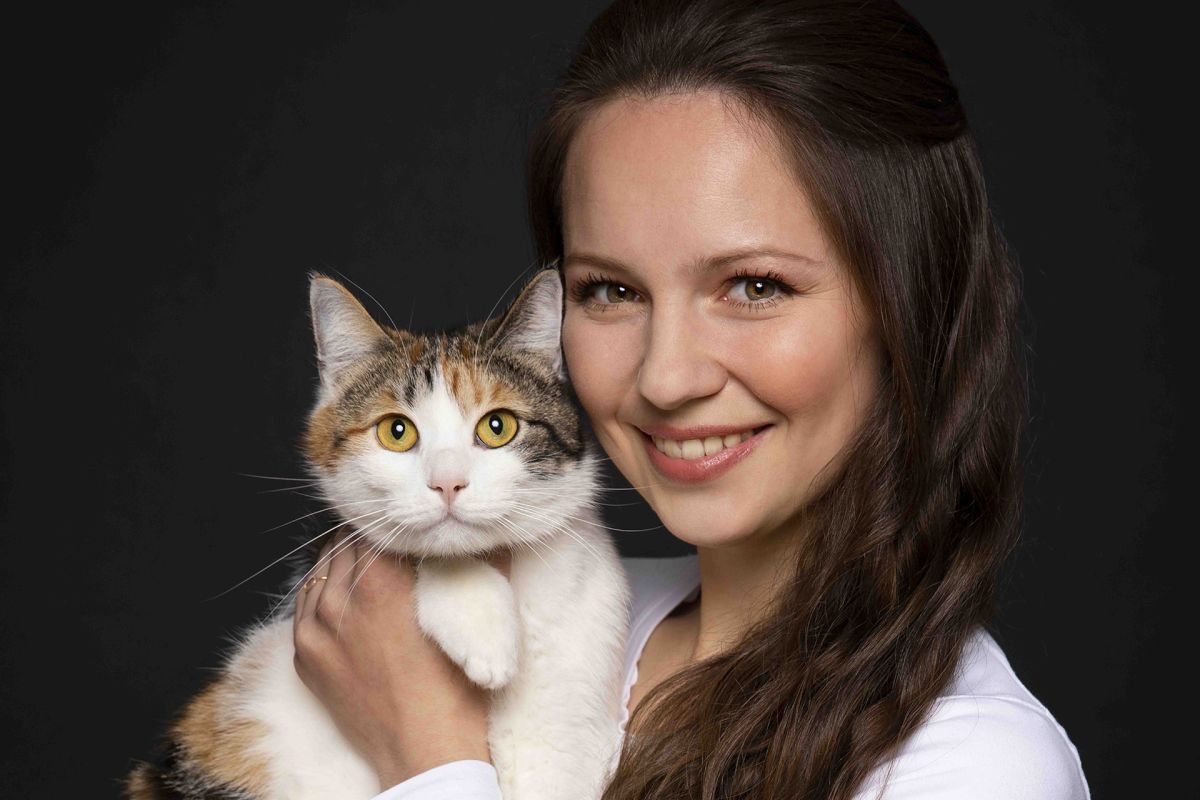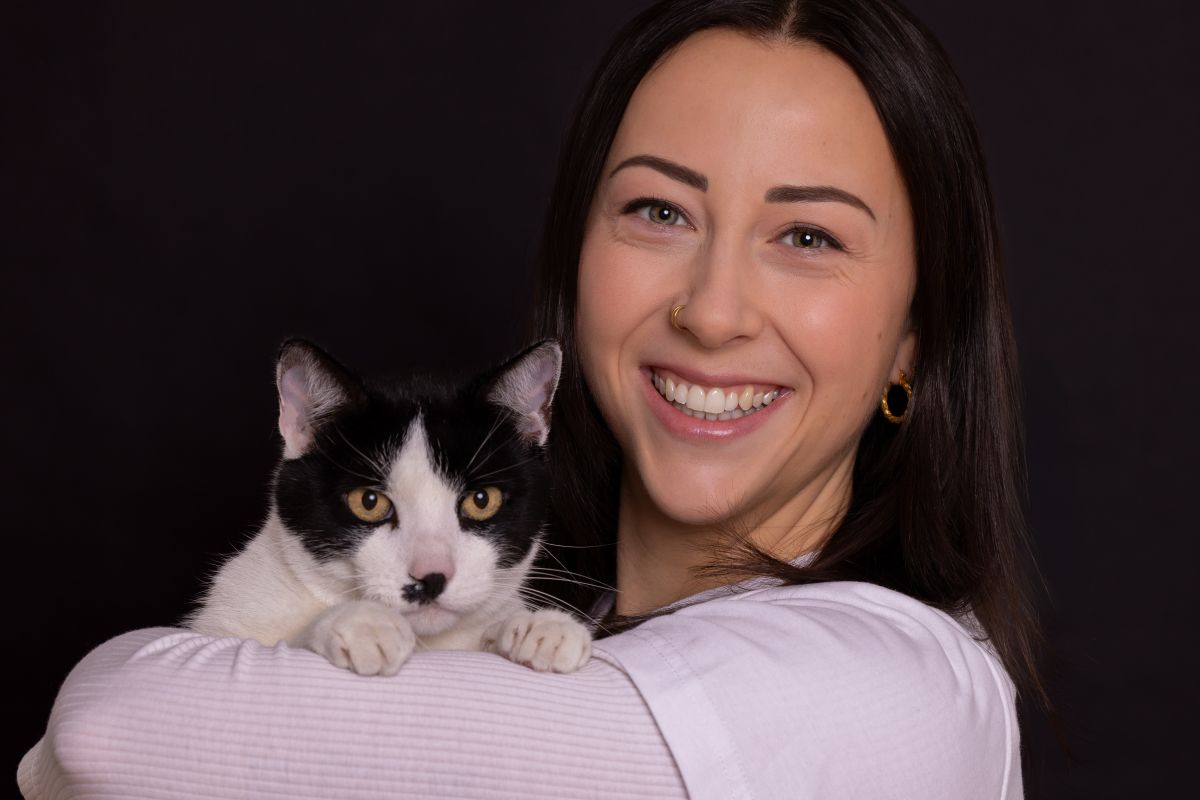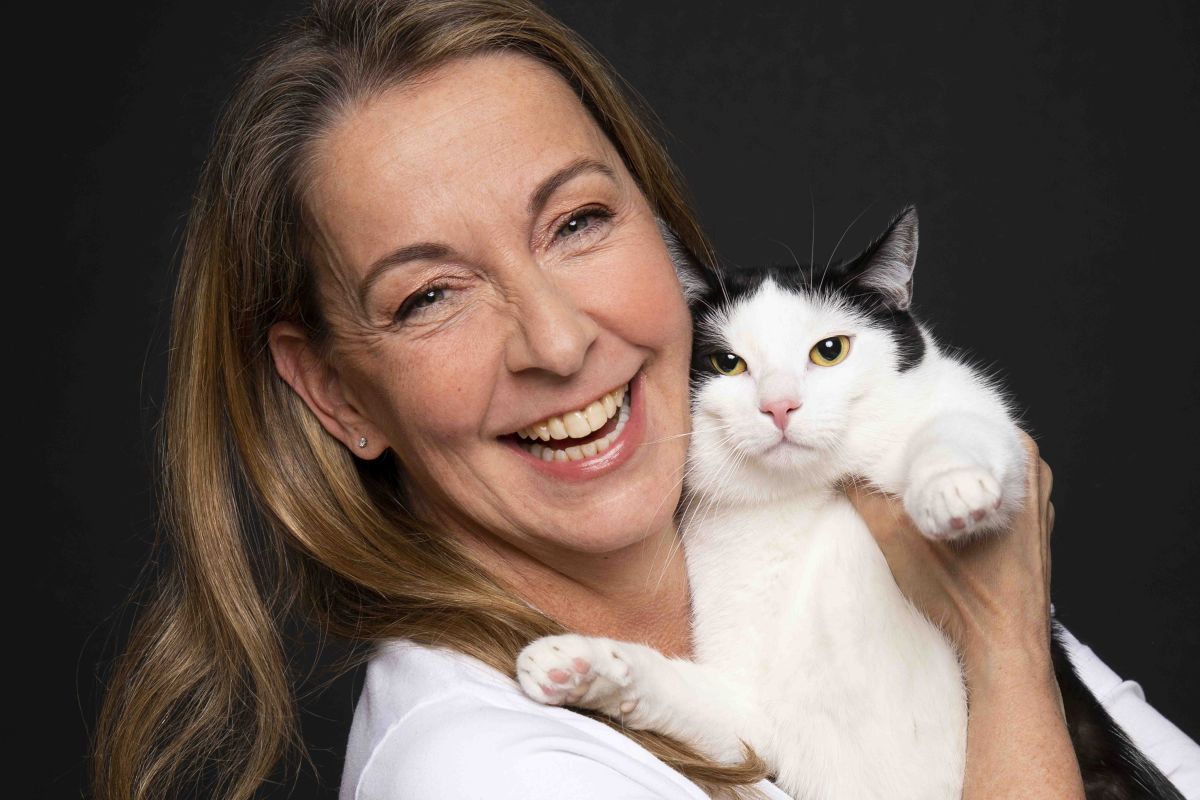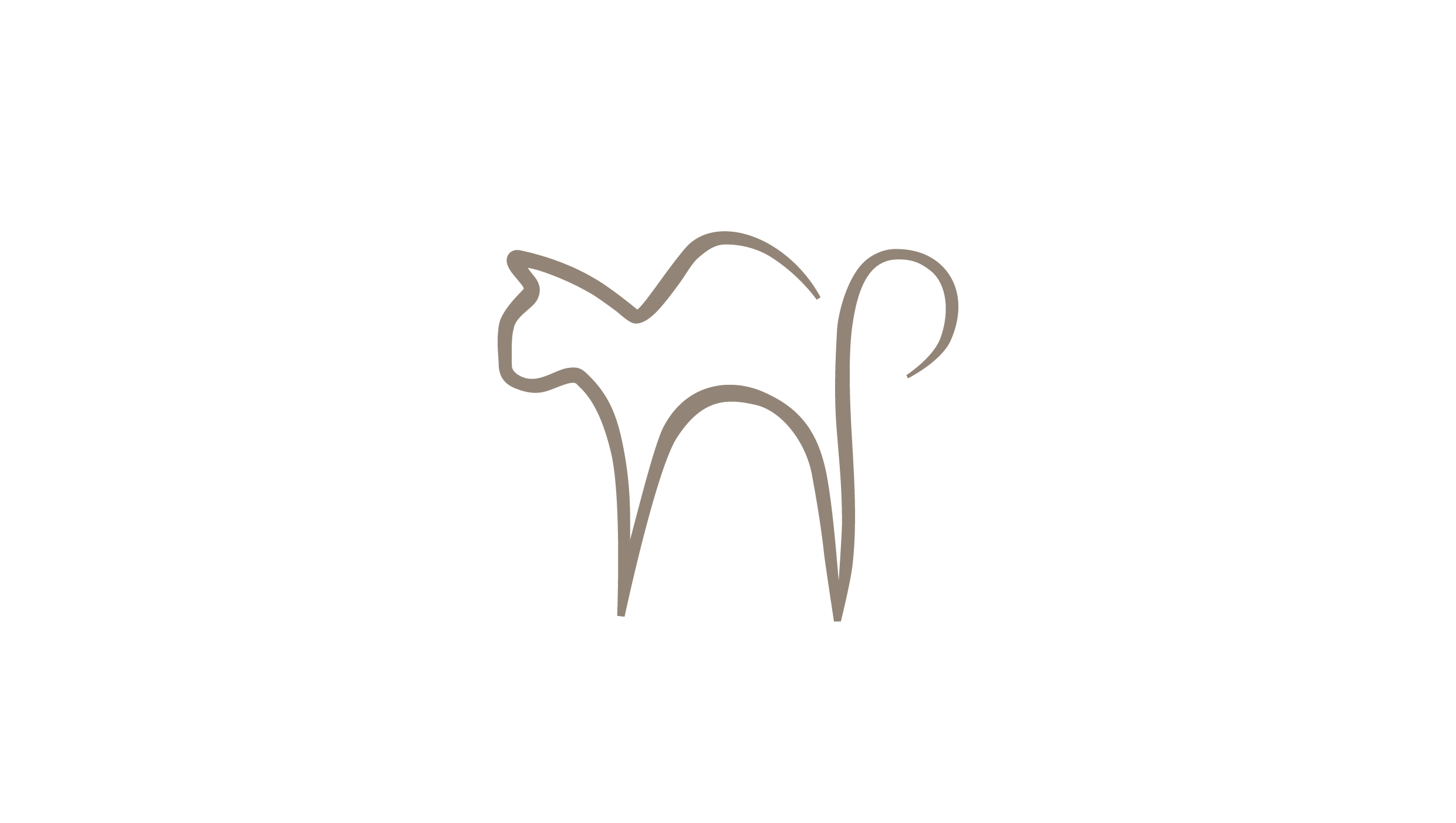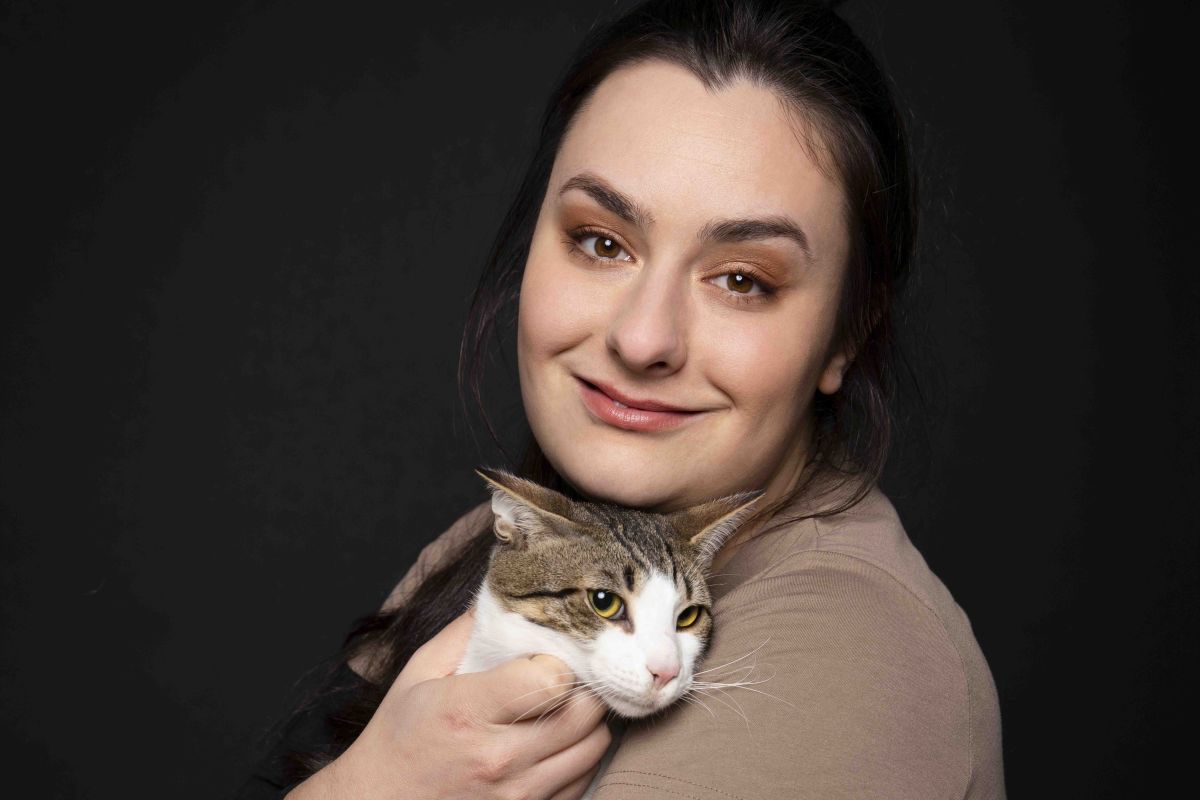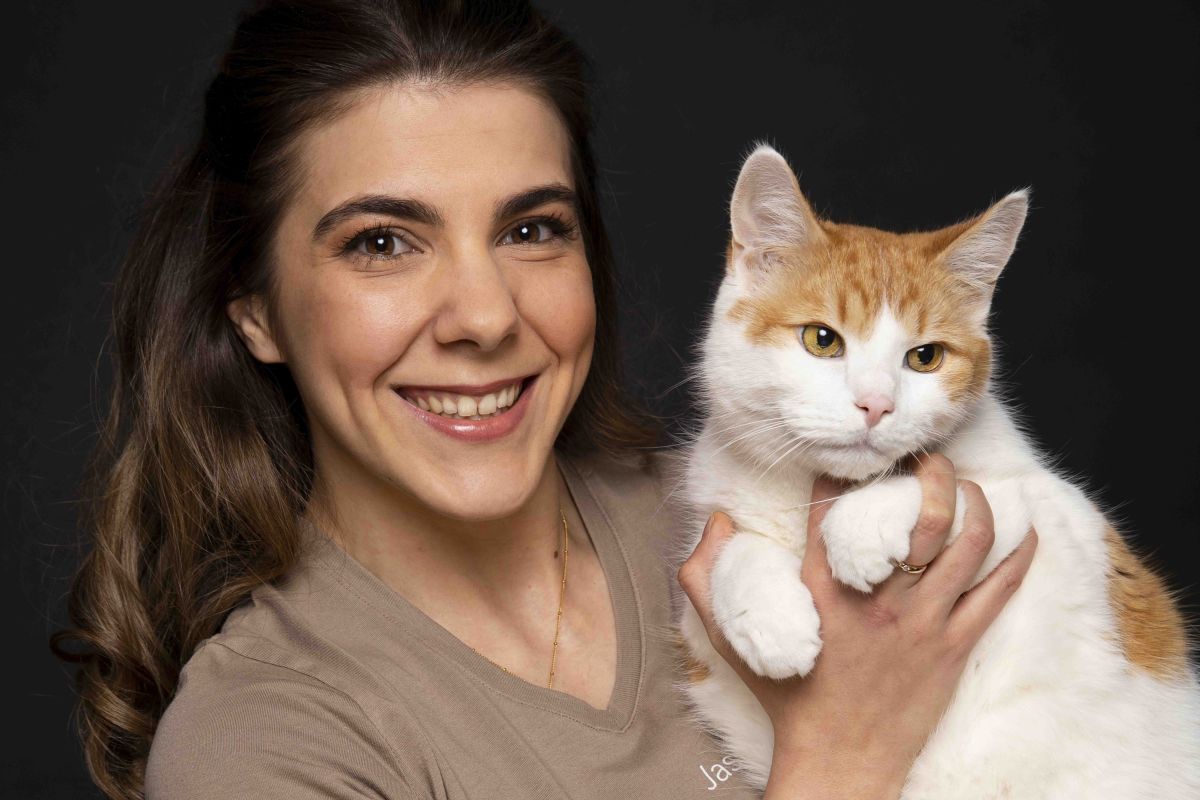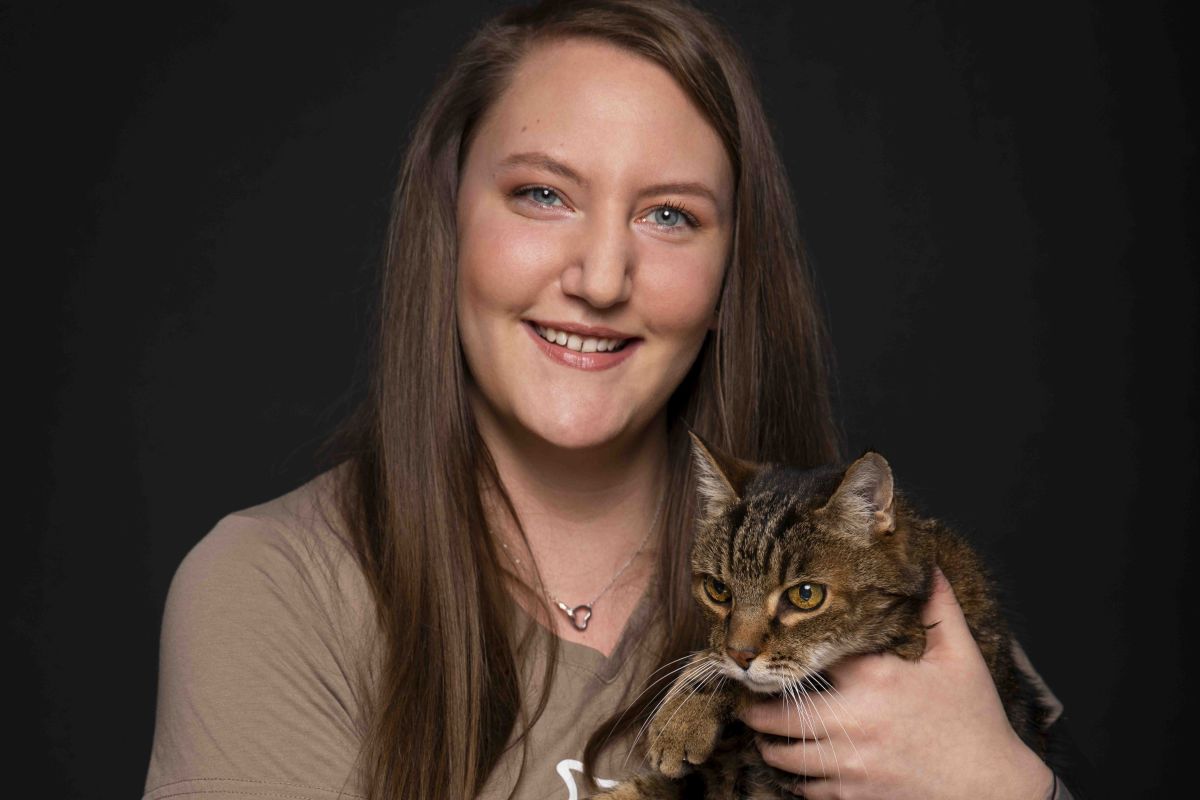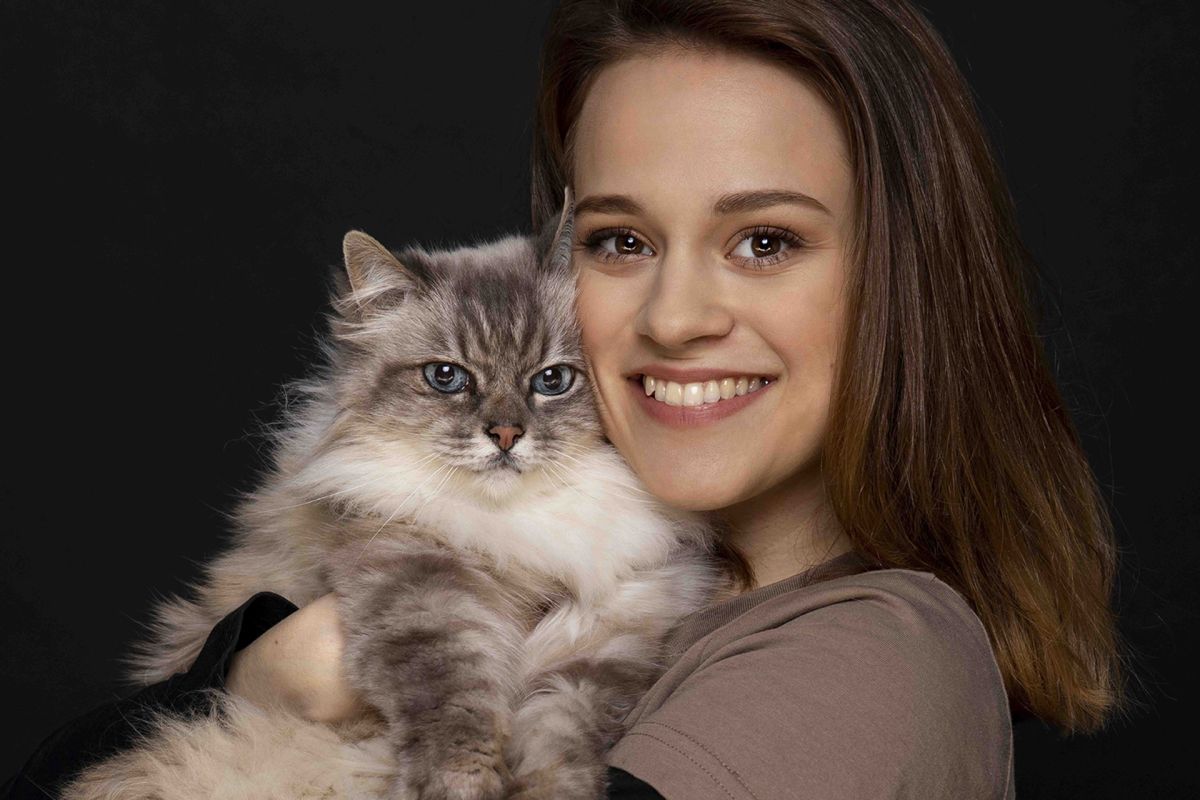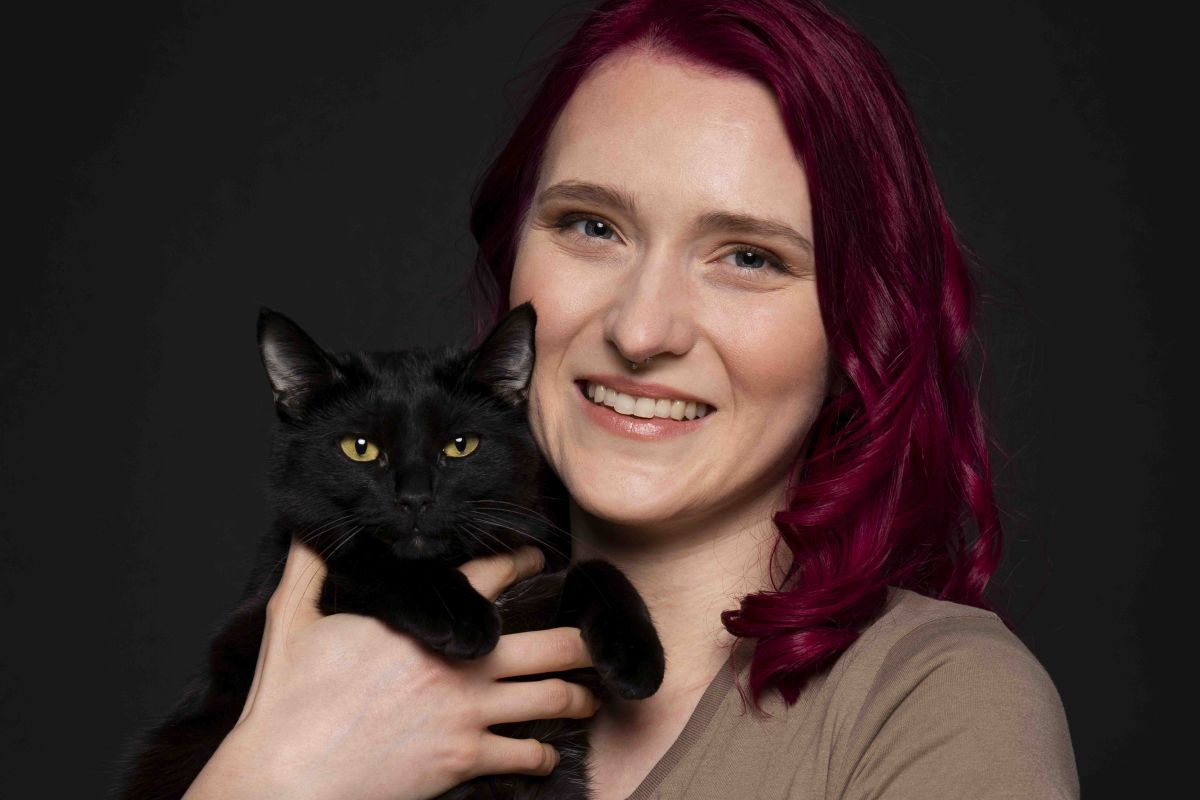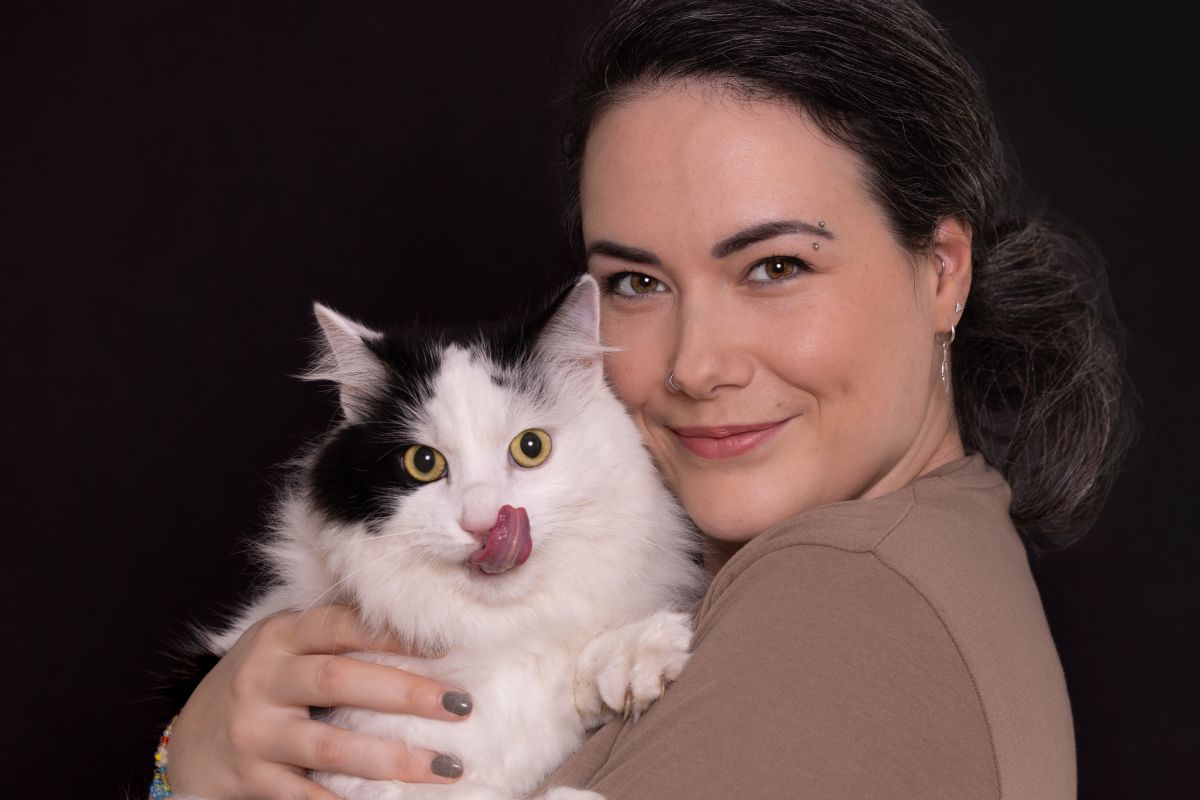KATZENPRAXIS
Dr. Hoyer & Dr. Kamm GmbH & Co KG
Welcome to KATZENPRAXIS!
Appointments:
Available Monday to Friday by prior arrangement.

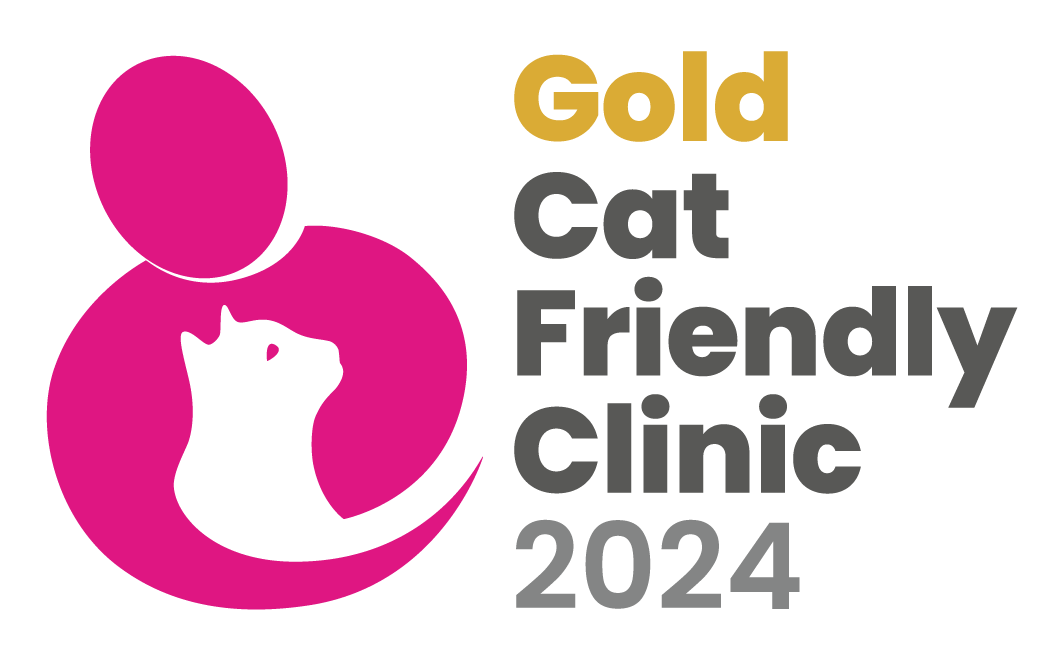
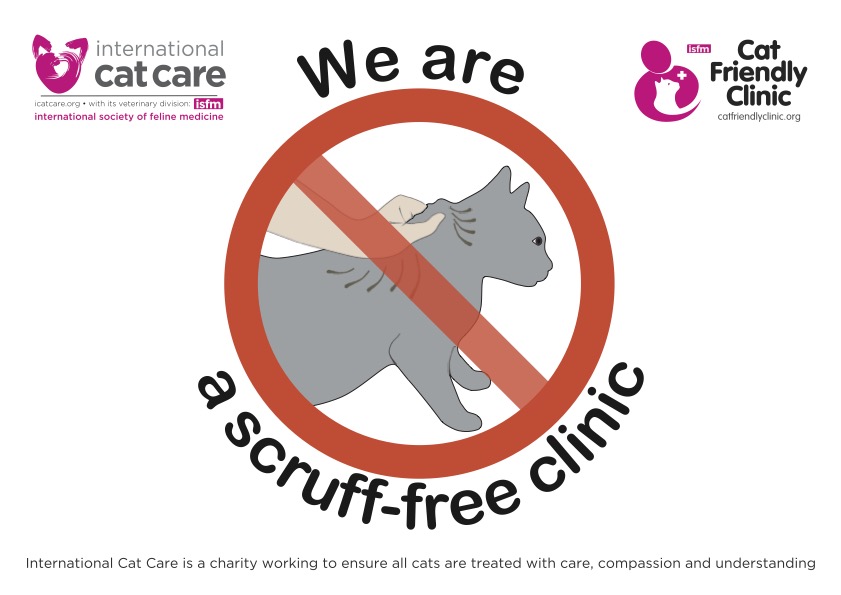
FELINE MEDICINE
Feline medicine is a specialized field that requires dedicated training and an intuitive connection with cats.
We firmly believe that therapies can only be successful in the long term if they are based on accurate diagnoses.
KATZENPRAXIS stands for high-quality diagnostics and a structured approach to complex issues.
Our practice is equipped with:
IDEXX in-house laboratory for prompt and reliable diagnostics
ultrasound (abdominal & cardiology)
digital X-ray
comfortable, feline-friendly boxes for day and intensive care patients
dental surgery including dental X-ray
sterile operating theater
inhalation anesthesia and up-to-date anesthesia monitoring
Treating our feline patients with respect and in a manner tailored to their needs during every examination is a core value of our practice — and a hallmark that sets us apart.
KATZENPRAXIS Feline Diabetes Clinic
A diabetes diagnosis doesn’t have to be a Cat-astrophe!
With the right and personalized treatment, your diabetic cat can still enjoy a long and carefree life.
Thanks to our years of specialization in endocrine disorders and our continuous participation in international conferences and advanced training, we possess up-to-date knowledge that allows us to provide optimal care for our feline patients — including the use of new oral antidiabetic medications such as Velagliflozin and continuous glucose monitoring with Freestyle Libre.
Because we focus exclusively on feline patients, we have supported a large number of diabetic cats over the years. This extensive experience enables us to develop well-tailored, individualized treatment plans — even for complex diabetic cases.
For your first appointment, please bring:
- all previous test results
- photos of all insulin products used so far, along with the corresponding syringes
- a current insulin syringe
- if available, your glucose meter and test strips
We look forward to meeting you and your beloved cat!
Your KATZENPRAXIS
KATZENPRAXIS HEALTH PROGRAM
To provide optimal support for your cat at every stage of life, we offer:
- KATZENPRAXIS HEALTH PROGRAM
- KATZENPRAXIS HEALTH PASSPORT
Our vaccination recommendations are based on your cat’s individual lifestyle and follow current international standards. Health checks are tailored to the cat’s age.

KATZENPRAXIS Feline Blood Donor Database
Blood donation can be life-saving for cats too.
KATZENPRAXIS BLOOD DONOR DATABASE
Our blood donor database allows us to respond quickly and effectively in emergency situations. As the transfusion of incompatible blood can cause a life-threatening allergic shock reaction, it is essential to know the correct blood group, just as in human medicine. Cats also have blood groups (A, B, AB). The aim of our blood donation database is to know cats of every blood group so that in an emergency we can save your cat's life with a suitable blood donation.
The ideal donor is:
- 3-10 years old
- Ideal weight 5-8 kg
- friendly nature
- an indoor cat
- lives a maximum of 45 minutes away from the practice
As part of their annual health check-up, suitable cats can have their blood type and FeLV/FIV status (FeLV antigen, FeLV provirus, FIV antibodies) determined free of charge. We also perform PCR testing for hemotropic mycoplasmas (blood parasites). If all results are normal, the cat will be added to our blood type database.
Should your cat be a suitable emergency donor, they will receive a clinical examination beforehand, free of charge. A current blood analysis is also included to ensure your cat is healthy and able to donate. The donation itself takes about 10–15 minutes and is performed under gentle, short intravenous sedation.
If you and your furry friend are interested in helping us saving cats' lives, please don’t hesitate to contact us for more information!
KATZENPRAXIS Gold Standard
Cat Friendly Clinic
KATZENPRAXIS has been accredited with the "Gold Standard Cat Friendly Clinic" by the International Society of Feline Medicine (www.icatcare.org/catfriendlyclinic) — an objective seal of quality assuring our patients that the highest standards in medical expertise and clinic equipment are met.
Our entire team is specially trained in feline handling and care.
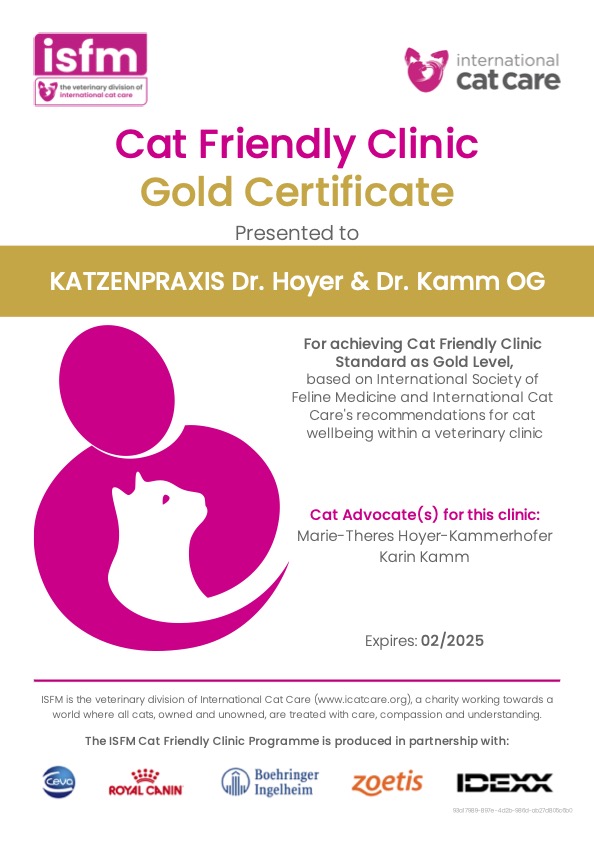
FELINE HYPERTHYROIDISM
Hyperthyroidism is the most common hormonal disorder in cats. Ten percent of all cats over 13 years of
age are affected. In 98% of cases, the cause is a benign thyroid tumor (adenoma); only 2% of hyperthyroid cats suffer from a malignant adenocarcinoma.
Both tumor types produce excessive amounts of thyroid hormones, which act on all organ systems in the body and gradually lead to a metabolic imbalance.
The classic symptoms of hyperthyroidism include hyperactivity up to aggressiveness, weight loss despite
a voracious appetite, and gastrointestinal problems such as vomiting or diarrhea.
Cardiovascular complications often include high blood pressure affecting sensitive organs such as the kidneys (kidney failure), retina (acute blindness), and brain.
If hyperthyroidism is left untreated, it consequently leads to thickening of the heart muscle with fatal outcomes such as pulmonary edema, aortic thrombosis, or heart failure.
Therapy for feline hyperthyroidism therefore greatly improves the quality of life of affected cats and often extends the lives of our thyroid patients by several years.
Available Treatment Options:
1. Daily oral treatment with antithyroid drugs (tablets or liquid):
This form of therapy only regulates the symptoms. The underlying cause – the
hormone-producing tissue – persists and continues to grow.
Adenomas can develop into malignant carcinomas, and so-called “SHIM-RAD” tumors may occur
(Severe elevations of T4, Huge tumor size, Intrathoracic nodules, Multifocal disease, and Refractory to treatment with antithyroid drugs).
In such cases, the symptoms can no longer be controlled and may lead to the cat’s death.
Disadvantages include not only the need to administer medication twice daily but also
possible side effects such as skin changes, thrombocytopenia, and hepatopathies.
2. Transdermal treatment with antithyroid drugs:
Same principle as oral administration. Its efficacy depends on absorption, and cats may additionally develop local skin irritation at the application site as a side effect.
3. Iodine-restricted diet (Hill’s y/d):
By reducing the iodine content, this diet decreases the production of thyroid hormones.
Feed acceptance plays a major role, as the cat must eat this food exclusively in order for it to be effective.
4. Surgical removal of the thyroid gland:
An invasive therapy with an often age- and disease-related increased anesthesia risk. In addition, there is a danger of removing healthy thyroid tissue as well as injuring the adjacent parathyroid glands and delicate nerve structures during surgery.
5. Radioiodine therapy:
The international gold standard in the management of feline as well as human
hyperthyroidism. Radioactively labeled iodine is administered to the patient, accumulates exclusively in the neoplastic, overactive thyroid tissue, and destroys the tumor cells. Because the effective beta radiation penetrates only 2mm into the tissue, only hyperactive thyroid tissue is destroyed.
Normal thyroid tissue is inactive at this time and therefore does not take up radioactive iodine.
The additional gamma radiation from the radionuclide causes radiation exposure to the environment.
For this reason, patients are hospitalized until a legally defined safety threshold is reached to protect their human family. For the cat itself, the radiation is comparable to a CT scan.
In veterinary medicine, a maximum dose of 185 MBq is used for radiation-protection reasons; this cures 95 % of patients, while 5 % require a second treatment to achieve a cure.
In rare cases, hypothyroidism can occur after radioiodine therapy.
Regular follow-up examinations are therefore recommended for early detection so that appropriate treatment can be initiated.
General note on the kidneys:
Special attention must always be paid to the kidneys in cats.
Because the increased filtration rate associated with hyperthyroidism can mask pre-existing kidney dysfunction, removal of the thyroid gland or radioiodine therapy may lead to a rise in kidney values afterwards.
For this reason, we carry out careful preliminary examinations.
RADIOIODINE UNIT
To make our patients’ legally required stay pleasant and entertaining, the cats live in a three-room maisonette with a sleeping area on the first floor and a separate toilet area.
The color scheme creates a cozy and calming atmosphere; the suites can be individually heated and are actively ventilated with fresh air.
A daylight simulation, also used in human hospitals, compensates for the absence of natural windows in the radiation-protected rooms.
For entertainment, each cat has access to a tablet with video games and films. Through video cameras, we are always informed about our patients’ condition. Our attentive room service ensures a clean litter box and fresh favorite food twice daily.
Visits are unfortunately not possible for radiation-protection reasons.
TREATMENT PROCEDURE
Please book the appointment for radioiodine therapy via our website.
In advance, we ask you to provide all current medical records of your cat, especially the initial diagnosis of hyperthyroidism.
Before radioiodine therapy, thyroid medications or thyroid diet must be discontinued; we will discuss the
appropriate timing with you.
Seven days before your radioiodine therapy appointment at KATZENPRAXIS, we require a current
blood analysis from your family veterinarian via the IDEXX laboratory.
To make the change of environment easier for your cat, please administer the individually agreed dose of
gabapentin two to three hours before your appointment at KATZENPRAXIS.
On the day of admission, a thorough clinical examination will be performed during a personal visit
with one of our nuclear medicine specialists.
You are welcome to bring your cat’s favorite food and favorite cuddly items. However, cuddly items must
remain with us after the stay for radiation-protection reasons.
Before admission to the radioiodine unit, we perform a same-day pre-therapy comprehensive check of your cat:
- Blood pressure measurement
- Blood analysis, Urinalysis
- Ultrasound examination
- Thoracic X-ray
If all test results are normal, we will admit your cat to the radioiodine unit and administer its individually
adjusted dose of radioactive iodine orally in capsule form. Your cat receives neither anesthesia nor injection.
We determine the dose based on the clinical examination, palpation findings of the thyroid gland,
ultrasound, and laboratory results.
As a reliable confirmation method of hyperthyroidism, we use a specially imported device from the USA (Truforma®, Zomedica) for in-house measurement of feline-specific TSH.
Therefore, we do not routinely perform scintigraphy but work, in special cases where scintigraphy is relevant, with Dr. Florian Zeugswetter of the University of Veterinary Medicine Vienna.
The typical duration of stay is five days.
We provide you with updates several times a day, since visits are unfortunately not possible for radiation-
protection reasons.
The exact discharge time depends on the dose and is determined individually after a radioactivity
measurement.
On the day of discharge, we will clarify any remaining questions together in a personal conversation.
General guidelines after discharge:
- Unfortunately, no intensive cuddling during the first 2–4 weeks; contact should be kept to a
minimum. Pregnant women and small children should avoid contact entirely.
The exact duration depends on the dose and is individual.
- Outdoor cats: please keep them indoors for two weeks.
- Litter box: please collect feces and urine in a plastic garbage bag for 2-4 weeks and dispose of it outside
the living area in the residual waste.
- Because in rare cases hypothyroidism or insufficient regulation of hyperthyroidism may
occur after radioiodine therapy, we recommend blood tests at your family veterinarian after 1, 3, 6, and 12 months, then annually.
COSTS
For our radioiodine patients, we offer the KATZENPRAXIS All-Inclusive Package:
- Comprehensive initial consultation including review of results to determine whether
radioiodine therapy is the best option for your cat — in person or online
- Admission consultation on the day of treatment
- Individual, medically necessary assessments including blood pressure, blood and urine analysis,
ultrasound, and thoracic X-ray
- Oral treatment with an individually adjusted dose of radioactive iodine
- Inpatient stay (Cat Friendly Gold Standard) until the legal discharge threshold is reached
- Daily updates
- Discharge consultation including written documentation and referral back to your family veterinarian
- Accessories for safe cleaning of the litter box at home
- If hyperthyroidism is not sufficiently controlled after the first radioiodine treatment, a second
radioiodine treatment is included
The KATZENPRAXIS RADIOIODINE PACKAGE costs €3,000.
If, after the initial consultation, your cat is not a suitable candidate for radioiodine therapy, the consultation fee of €148 applies.
Appointments can be canceled up to 1 week before the scheduled date.
After that, we will unfortunately have to charge a fee of €300.
APPOINTMENT BOOKING
Appointments are expected to be available from January 2026.
We will then contact you to arrange the initial consultation, either in person or online.
For international feline patients, please note that a current rabies vaccination (valid 21 days after the initial vaccination), a microchip and an EU pet passport are required by the austrian law.
For entry requirements from Non-EU countries and for return requirements to your home country, please refer to the current travel regulations of the respective country.
FOR VETERINARIANS
Please book appointments via our website; clinic admission always takes place on Mondays.
- On Tuesday before the radioiodine appointment (at least 5 days without medication or y/d):
please perform a clinical examination with thyroid palpation and collect blood for an IDEXX geriatric profile.
- On Wednesday, please ensure reliable transmission of the results, as we need them in
order to order the radioactive iodine in time.
- Please provide 100 mg of gabapentin for the day of the treatment appointment.
- On the day of discharge, we will send a referral/summary back.
For international feline patients, please note that a current rabies vaccination (valid 21 days after the
initial vaccination), a microchip and an EU pet passport are required by the austrian law.
For entry requirements from Non-EU countries and for return requirements to your home country, please refer to the current travel regulations of the respective country.
- Post-radioiodine screening for persistent hyperthyroidism or hypothyroidism: at 1, 3, 6, and 12
months, and afterwards annually after radioiodine therapy: Hyperthyroidism Profile (cat) (T4, SDMA, creatinine, BUN) and canine TSH via IDEXX.
- For our follow-up, please send the results to radioiod@katzenpraxis.at.
If you have any questions, please don’t hesitate to contact us—ideally by email: radioiod@katzenpraxis.at.
Our team members are true “cat people”.
They regularly attend national and international feline-specific continuing education programs to ensure our patients receive the best possible care in every respect.
CLINIC MANAGEMENT
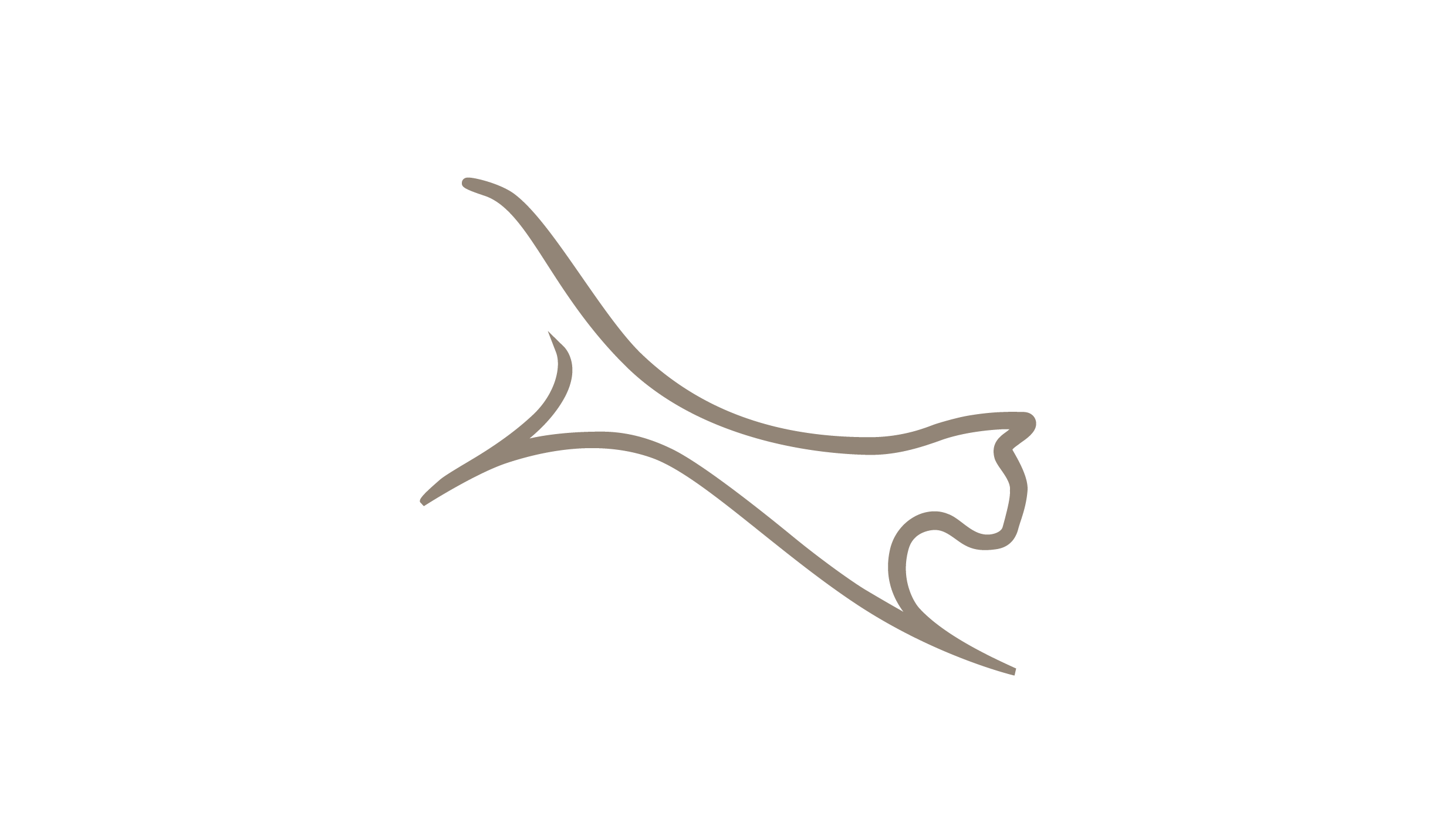
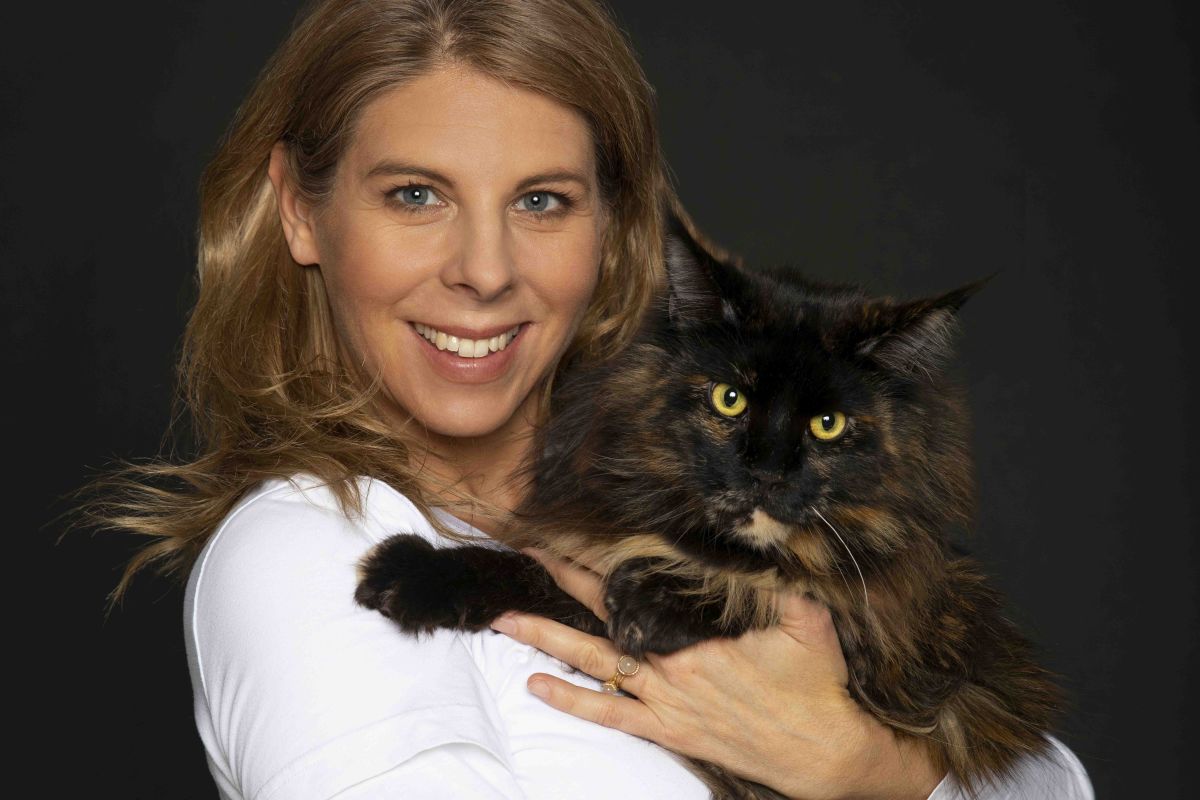
DR. MARIE-THERES HOYER
ABVP Diplomate Feline Practice
MANZVCVSc Feline Medicine
IN MEMORIAM
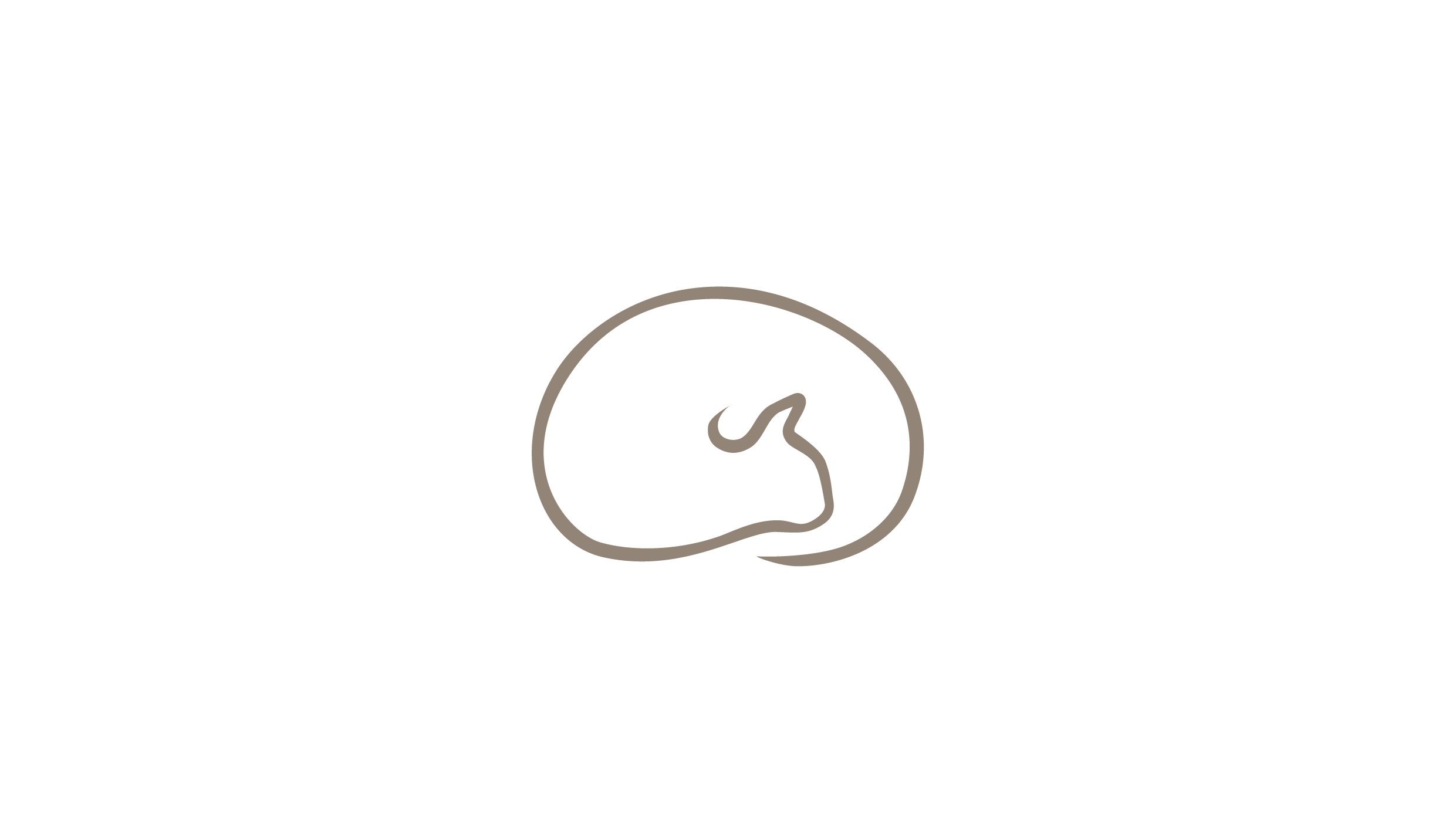
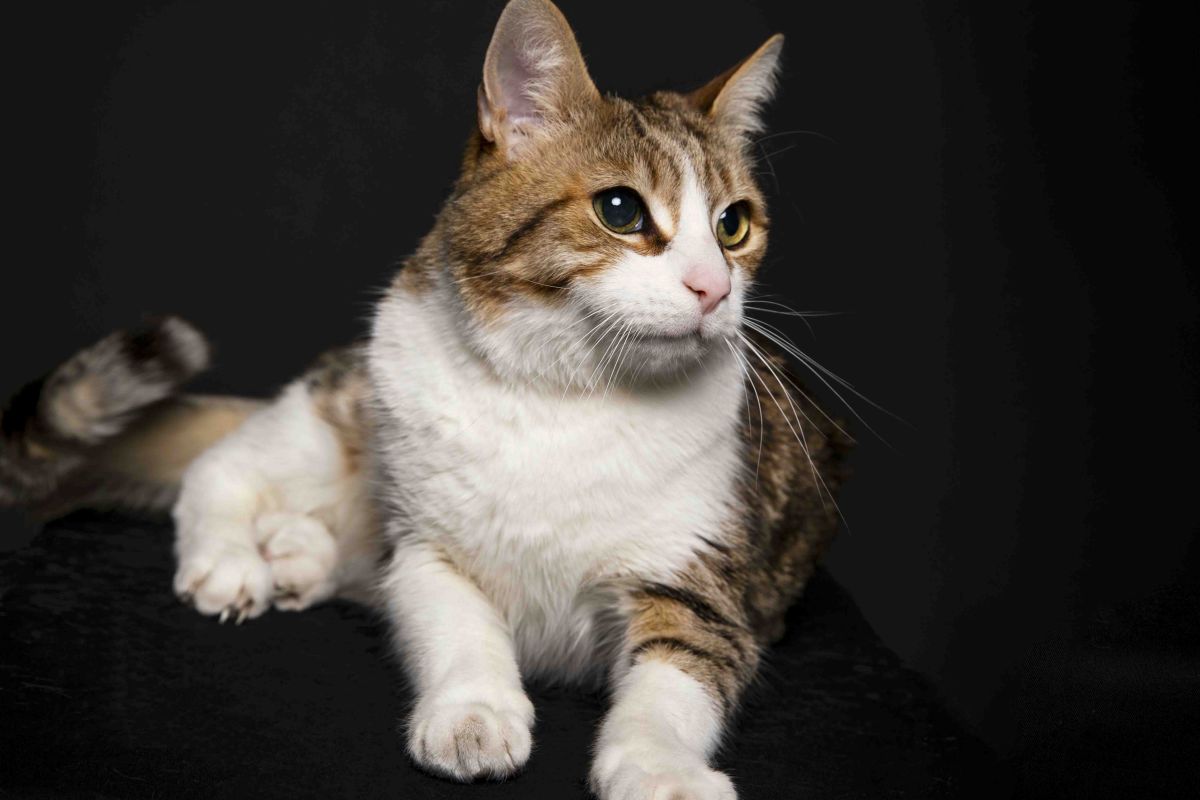
HERR DIREKTOR FELIX
We also train students in feline medicine!
As a teaching practice, KATZENPRAXIS collaborates with the University of Veterinary Medicine, Vienna, to provide training for students specializing in feline medicine.
PURR-SONAL CONTACT
KATZENPRAXIS
Dr. Hoyer & Dr. Kamm
GmbH & Co KG
Altmannsdorferstraße 154
1230 Vienna, Austria
office@katzenpraxis.at
+43 1 996 21 18
Appointment Scheduling
We are a by-appointment-only clinic, and kindly ask that you schedule your visit in advance.
Because creating a calm, cat-friendly atmosphere is our top priority, we plan each appointment individually to suit your cat’s needs.
If you are unable to attend your scheduled appointment, please cancel in a timely manner.
Cancellations are free of charge up to 24 hours in advance. For late cancellations, we regret that we must charge the full consultation fee.
Although we are dog lovers in private, KATZENPRAXIS is exclusively dedicated to feline patients, to ensure a peaceful and stress-free experience for every cat. Please leave canine companions at home.
Contact
How to find us
By Public Transport
Subway line U6: Alterlaa station, 5-10 minute walk towards the "Gewerbepark".
Bus lines 64A, 64B, and 66A: Steinsee station
By Car
Free parking is available directly in front of the clinic.


